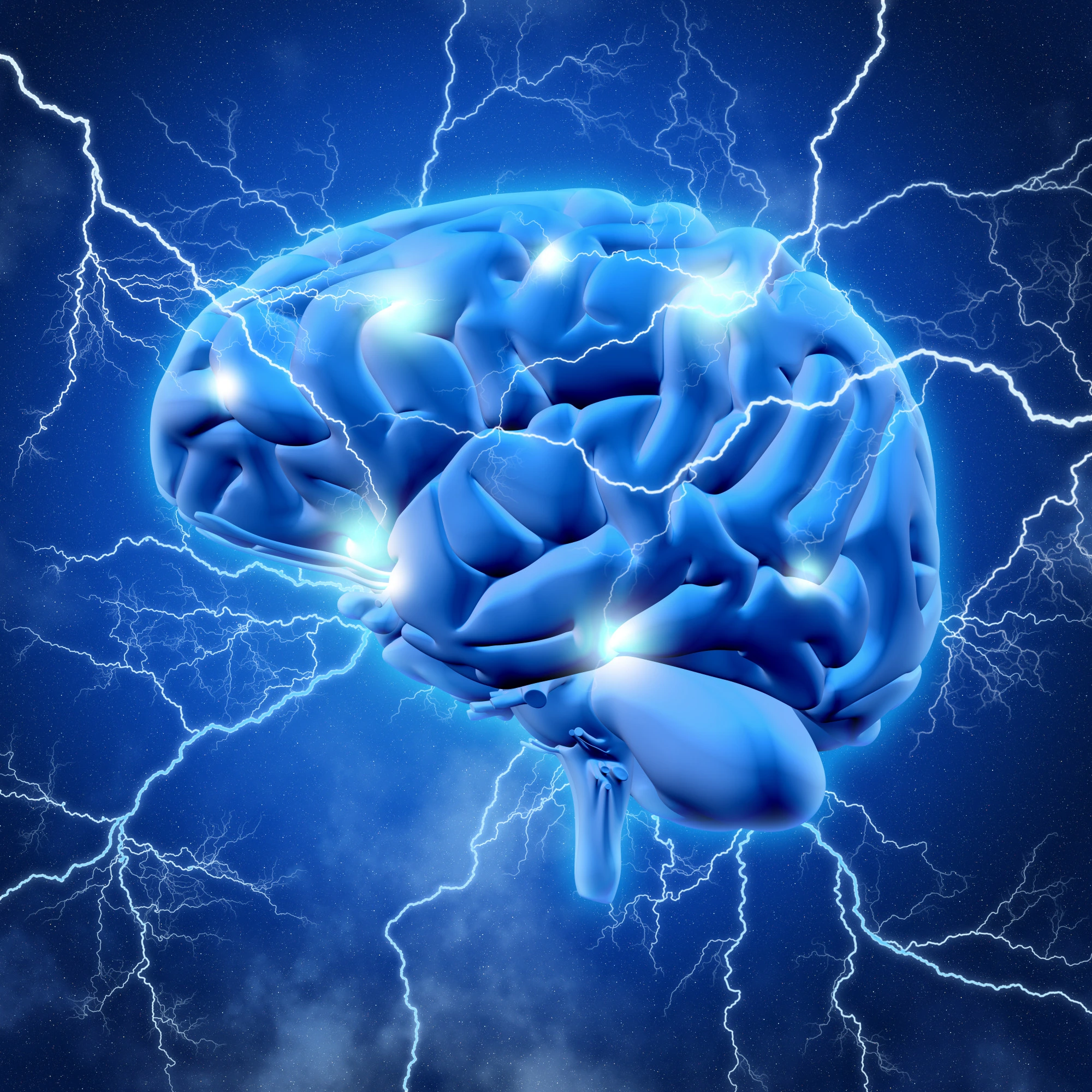Expertise
Treating addictive disorders: an integrative, empathetic, and recovery-oriented approach.
Exploring addiction

Substance use
disorders

Behavioral
Addictions
“ Addictive behaviors may be seen as maladaptive responses to emotions, weaving a complex narrative where subjective experiences intertwine with individual defense mechanisms.

Understanding addiction
Addiction is a chronic and intricate pathological state marked by compulsive behavior, involving the relentless pursuit and consumption of a substance, or the repetitive engagement in an activity, despite its adverse effects on physical, mental, social, or professional well-being. This phenomenon, often intertwined with neurological reinforcement processes, profoundly disrupts overall functioning, impeding interpersonal relationships, rational decision-making, and emotional balance.

How does the brain react?
Addiction triggers neurobiological alterations, reshaping the brain's perception and response to external stimuli. These changes predominantly affect:
- The reward circuitry, inducing lasting changes in its functioning.
- The sensitivity of neurotransmitters associated with pleasure and reward (such as dopamine, serotonin, and endorphins), leading to decreased effectiveness in transmitting reward signals.
- The motivation and decision-making circuits, fostering a preference for addictive behavior over other activities.
- Brain plasticity, disrupting the brain's ability to adapt and restructure in response to new experiences.
- The formation of strong associative memories, reinforcing environmental or emotional triggers associated with addictive behavior.

Recognizing addiction
Addiction is characterized by an inability to control, reduce, or stop consumption or engagement in the activity, and by the continued pursuit of addictive behavior despite awareness of associated negative consequences. Tolerance (the need to increase intensity or frequency), craving (an irresistible desire to consume or engage in an activity), neglect of important activities, and withdrawal symptoms (physiological or emotional) are also observed.

Integrated approach to addiction
Addiction can impact various aspects of an individual's life, including physical and mental health, interpersonal relationships, professional functioning, and overall well-being. Addressing addiction often involves a multidisciplinary approach integrating medical, psychological, and social interventions, along with support from family and loved ones. This approach provides complementary and personalized support to individuals struggling with addiction, helping them overcome challenges and regain balance.

